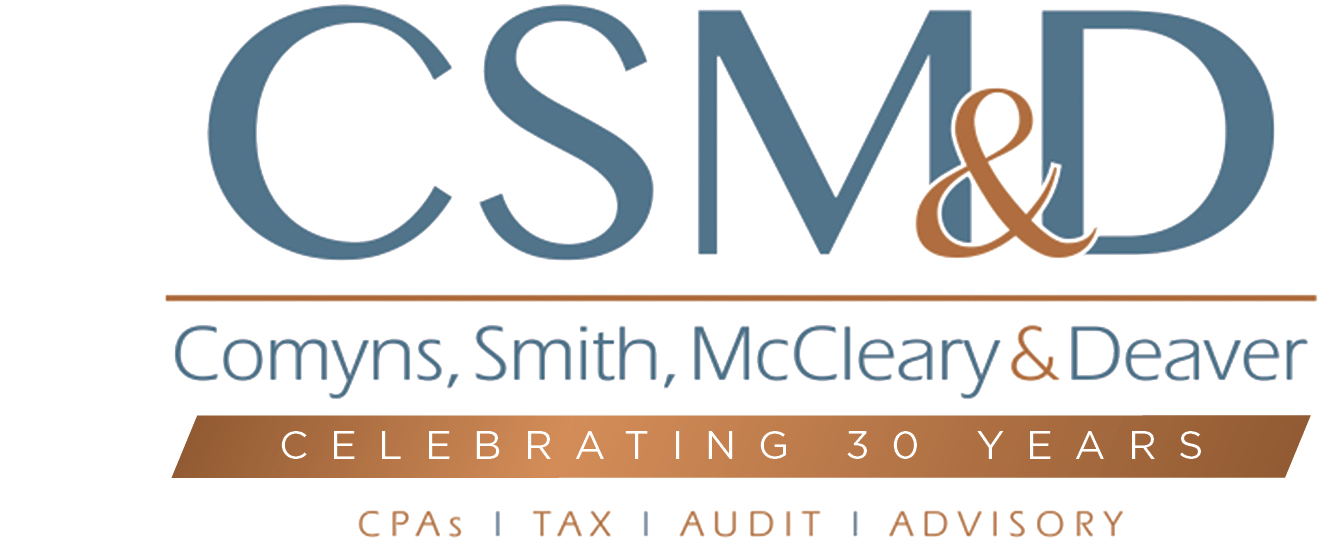by Jason Gorringe, Tax-News.com, London
20 September 2019
The Irish Government is arguing that favorable tax treatment was not granted to Apple under two rulings deemed by the EU to have constituted illegal state aid to the company.
In August 2016, the European Commission concluded that the two rulings provided to Apple by the Irish Government had enabled Apple to pay substantially less tax on profits recorded in Ireland than other companies subject to the same national taxation laws.
Apple submitted an appeal against the decision in December 2016. In September 2018, the Irish Government confirmed that Apple had deposited approximately EUR14.3bn into an escrow fund, which will be held until a decision is reached in the Government’s appeal before the Court of Justice.
The oral hearing in Apple’s case is taking place in the General Court, the EU’s second-highest tribunal. Setting out its position, the Irish Government said that it “fundamentally rejects” the Commission’s analysis of the rulings.
The case concerns two Apple companies operating in Ireland through branches, Apple Sales International (ASI) and Apple Operations Europe (AOE).
According to the Government, the non-binding opinions given by Revenue in 1991 and 2007 did no more than apply section 25 of the Taxes Consolidation Act 1997, which is “the ordinary tax law applicable to branches in Ireland of non-resident companies.” It said that the opinions, “in accordance with the territoriality principle, taxed only the profits attributable to the Irish branch and not the non-Irish profits of the companies.”
Consequently, “ASI and AOE did not pay any less tax than was properly due under section 25.”
The Irish Government said that the branches were incorporated in Ireland but were not resident for tax purposes in Ireland, as they were managed and controlled in the US. It added that the significant value creation by the companies was in the US, but the companies were not tax resident for US tax purposes as they were not incorporated in the US.
The Government stressed that “Ireland collected all of the tax due from ASI and AOE in respect of their branches” in Ireland. It maintains that “there was a mismatch between the Irish and US tax systems” and that “state aid is not the way to deal with gaps in the international tax system.”
The Government said that “all important decisions in relation to ASI and AOE were made in the United States and there were no intellectual property related activities in Ireland,” meaning that profits deriving from this intellectual property were not attributable to the Irish branches.
The Government also argues that the Commission “contends that Ireland was required to apply a Commission version of the arm’s length principle, but has not provided a coherent legal basis for this assertion or any definition of, or detail on, its version of that principle,” a principle which is “not part of EU law or Irish law in respect of branch profit attribution.”
